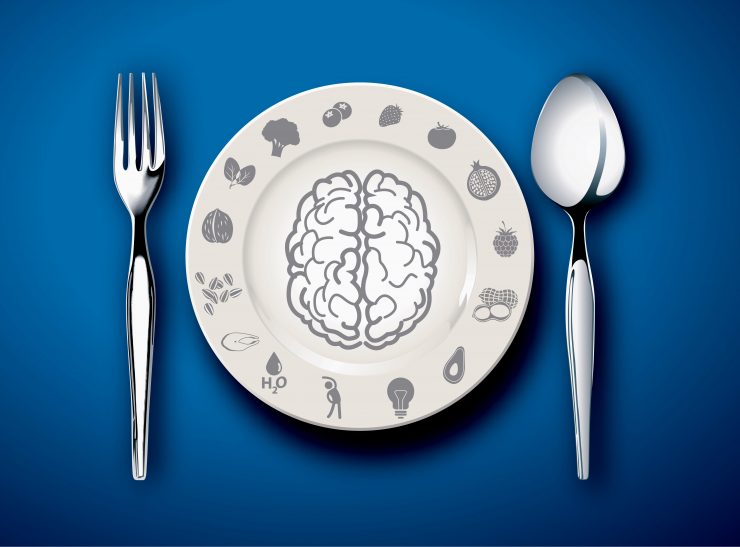Lack of concentration, forgetfulness, low mood – we all experience one or more from time to time, especially as we get older. But some simple changes to your diet can make all the difference to brainpower, says clinical nutritionist Suzie Sawyer.
EAT OMEGA 3’S
Omega-3 fatty acids, found mainly in oily fish but also in nuts and seeds, are among the most researched nutrients for brain health. The brain has a high fat content with significant levels of DHA – an omega 3 fat. Low levels of both DHA and its parent compound EPA have been linked with an impaired ability to think effectively. It therefore makes sense to include omega 3s in your diet as much as possible.
Oily fish, such as salmon, mackerel and sardines, are the best source; try to have them three times a week. Alternatively, flaxseeds (which can be sprinkled onto cereal) or nuts and seeds, are good sources. If you’re not a fish eater or don’t like fish, take a fish oil or vegetarian omega 3 supplement.
UP YOUR VITAMIN B1
Vitamin B1, also known as thiamin, is essential for good memory and sharp brain function. Good sources include trout, mackerel, sunflower seeds, flaxseeds, chia seeds, but also pork and whole grains. Some have the added benefit of being packed with omega 3’s.
The whole family of B vitamins is also involved in helping to produce hormones and the brain’s neurotransmitters, one of them being our ‘happy hormone’ serotonin. Good sources include whole foods such as oats, beans, nuts and brown rice. Including plenty in your diet will help to keep you focussed and in a good mood.
BALANCE YOUR BLOOD SUGAR
A foggy brain with poor concentration and energy dips is frequently linked with imbalanced blood sugar levels. Processed foods, too many caffeinated drinks and a lack of protein at each meal can cause these fluctuations and negatively impact brain function.
Eating protein at each meal, for example eggs, lean meat, turkey, fish, tofu, soy, dairy, chicken or lentils, helps to keep energy levels sustained throughout the day and, most importantly, the brain sharp. Swap caffeinated drinks for herbal or fruit teas, or other decaffeinated alternatives and, if you want a clear-thinking head, keep alcohol intake to a minimum. Additionally, eggs contain good amounts of choline, which helps to produce the brain’s neurotransmitters, as well as boosting memory.























